Think for a moment about your prefrontal cortex. It lies just behind your forehead between your eyebrows and your hairline. The presence, size, and integration (with the rest of the brain) of the prefrontal cortex is what distinguishes us from all other animals like the pig. But before you think of yourself as special, pigs have a prefrontal cortex, we both have fat under our skin, a protruding nose, and, don’t forget, pig skin and heart values can be used in humans. Although, it should be noted that pigs are not capable of preforming transplants.
The prefrontal cortex can differentiate between conflicting thoughts and stimuli, predict the future, sort out potential consequences, define goals and control social behaviors. The prefrontal cortex is involved in thinking. Other areas of the brain are reserved for automatic and reactive functions and behaviors.
All living things are awash with automatic behaviors that keep an organism alive and functioning. It’s not clear to what extent (if at all) other animals or plants are “aware” of the world around them or aware of their functioning. Humans have awareness but it is limited. For example, we are often unaware of the influences and interplay of internal and external systems, like biological and relationship systems. At the level of biology, we are unaware of cellular activity involving blood, oxygen, glucose, and the powerhouse mitochondria. We can “think” about these systems, especially when a physician tells us there is a problem with our body. This effort to step back, observe and think can also apply to relationships.
In the Book of Genesis, it says that human beings are created to be “responsible” (1:28). That’s the word Eugene Peterson uses in his translation of the Bible. In this context, humans are responsible for their interactions with the natural world, including other humans. If the human is unique because of the prefrontal cortex then the human has the unique capacity to be responsible when they use their “thinking” system. So, what does it mean to be responsible?
Responsibility describes an action. It is an action between people which can be understood contractually as accountability. We can talk about the committee that is responsible for overseeing missions. Or the pastor is responsible for preaching. Responsibility is not defined by a list of moral, ethical or doctrinal standards that control one’s behavior. Instead, it is the answer to the question, “what am I responsible for in relationship to family, friends, neighbor, work and the natural world?” One’s responsibility is defined within the context of a relationship system.
- What is my responsibility as a parent to my children?
- What is my responsibility as a child to my parents?
- What is my responsibility to my employees/employer?
- What is my responsibility to my neighbors/community?
- What is my responsibility to the natural world?
As we attempt to answer these questions, the first thing we can become aware of is the question, “Am I doing enough or am I doing too much?” We are often aware of this paradox when a relationship system starts to muster resources to meet a challenge. The congregation is facing a financial crisis. There is not enough money at the end of the year to cover all the expenses. Who is responsible for solving this problem? Is this a leadership problem or a congregational problem? What role do individual members have and what is the role of the pastor and other leaders? Who is responsible for deciding what to do? Or consider this example. The youngest child of a family with three children has stopped performing well in school. They are receiving an “F” in every subject because they failed to turn in any homework for the last four weeks. What is the responsibility of a parent? What is the responsibility of the child? Do the other two siblings have a responsibility in this situation? What role do others in the extended family play? What is the responsibility of the teacher and the administration?
The genius of Dr. Murray Bowen was his ability to see challenges within the context of a relationship system where the behavior of each person influences the system and the systems influences each person’s behavior. Shifting one’s level of responsibility in and to the system often creates a shift in the level of responsibility of others. As one person takes on more responsibility, others take on less and vice versa. However, when one attempts to shift out of their automatic ways of being responsible (doing too much or too little), Dr. Bowen observed that the relationship system responds with a “change back” process. At first, others will counter one’s effort to shift their level of responsibility by trying to get the one to go back to their previous level. However, if one is able to stay relatively on track and not react, a shift in the level of responsibility taking in the system will occur.
So, humans will always have an advantage over the pig thanks to the prefrontal cortex. We can think about and choose our role and responsibility towards others. You can actually decide to do less without being a pig.
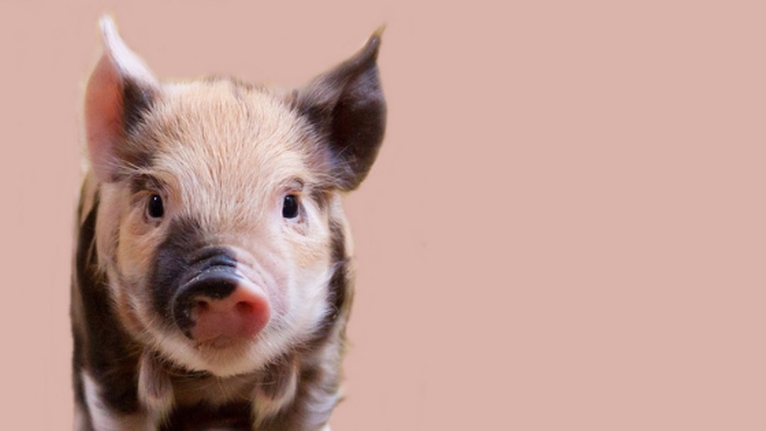

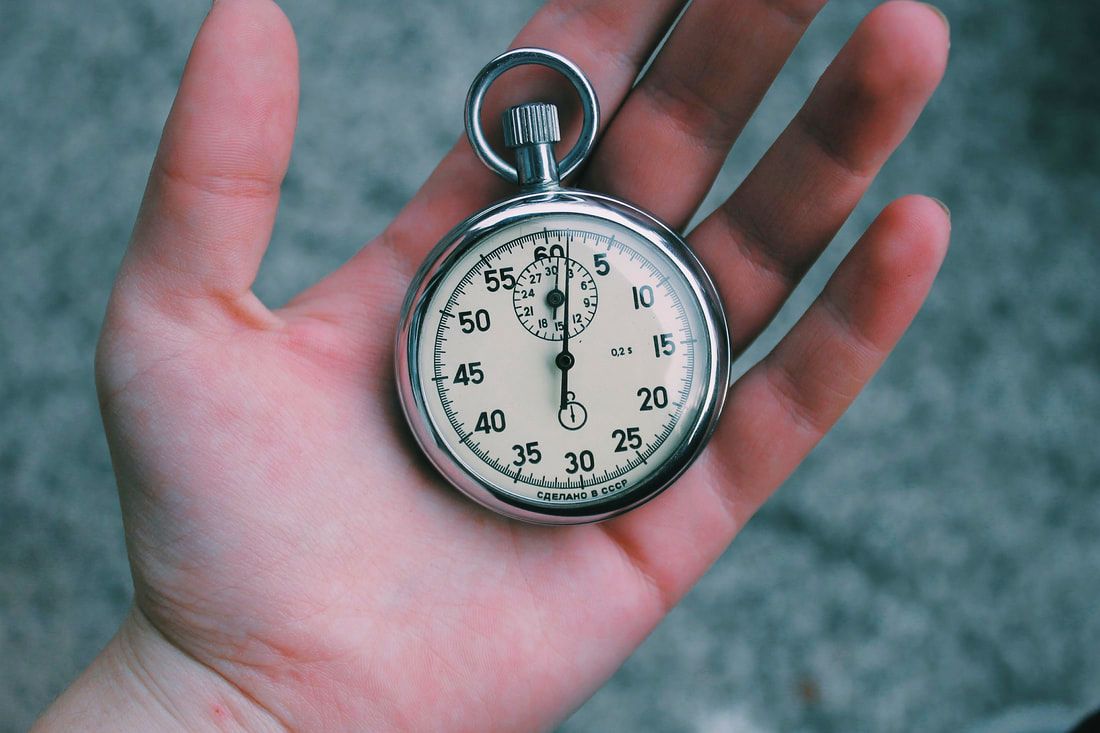
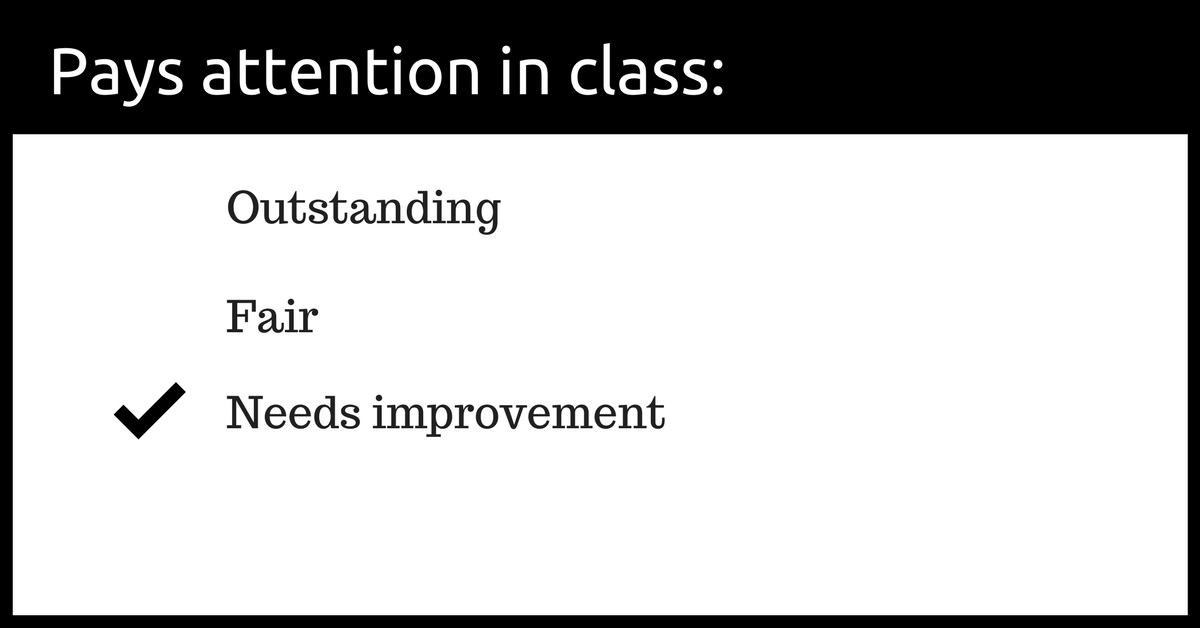


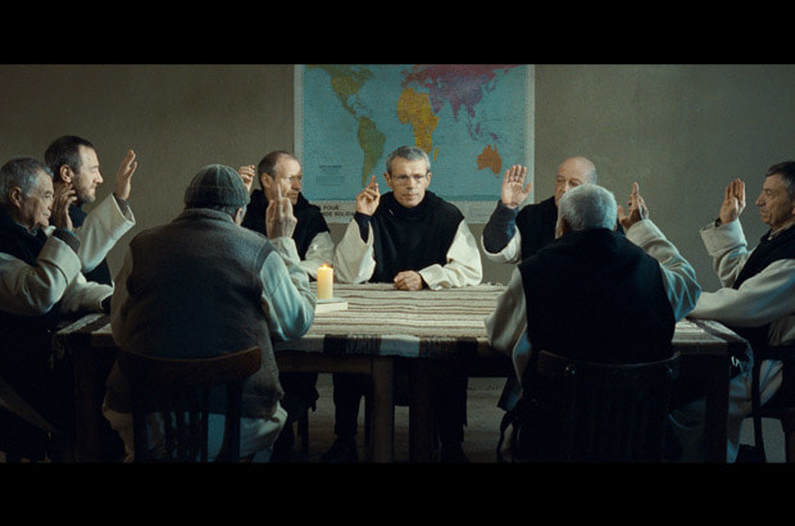
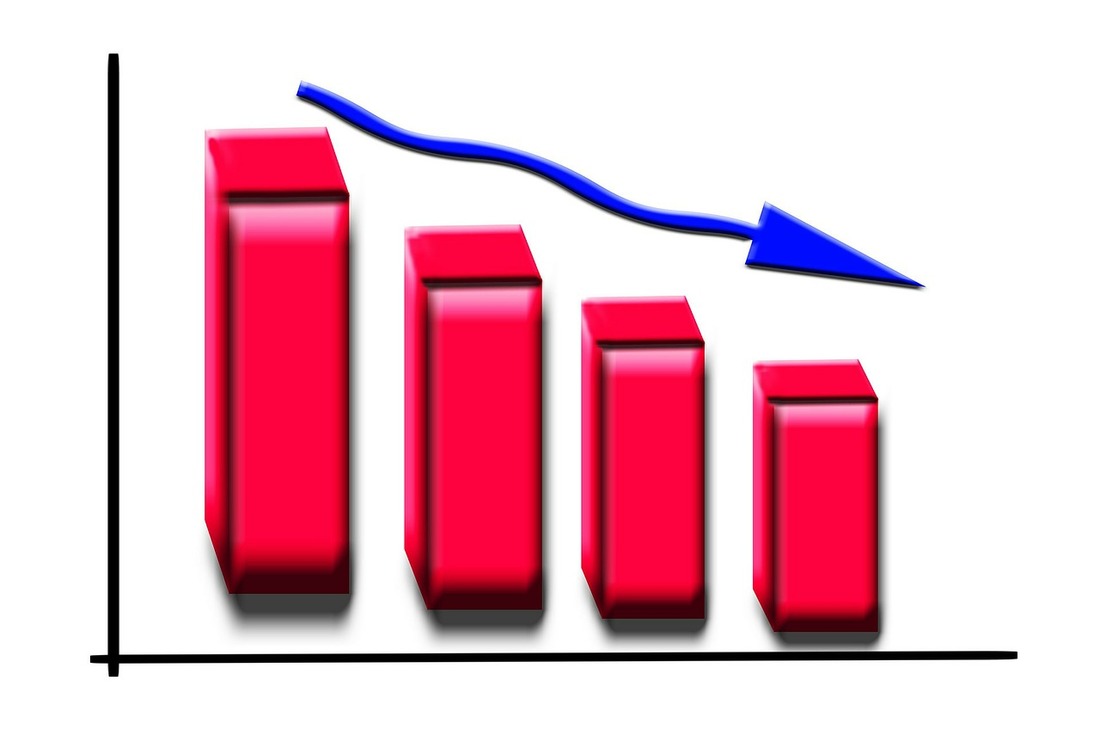
 RSS Feed
RSS Feed